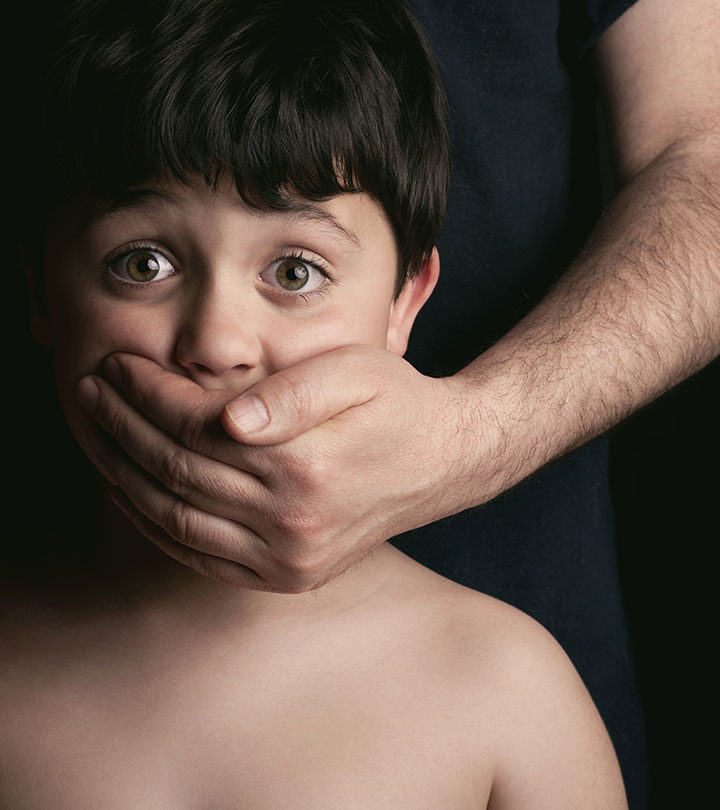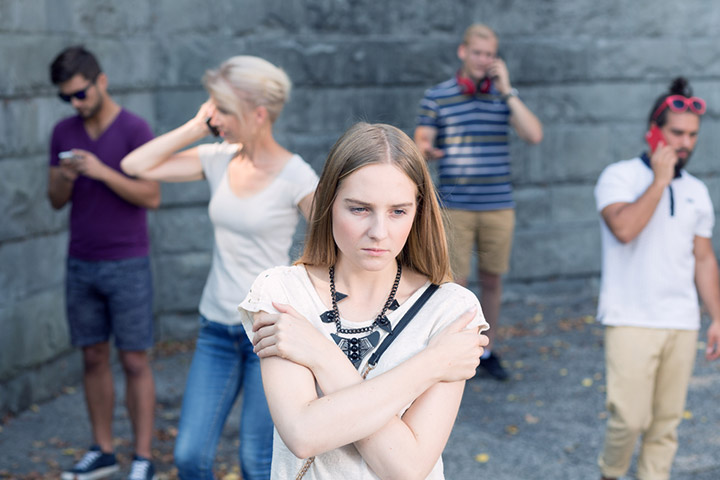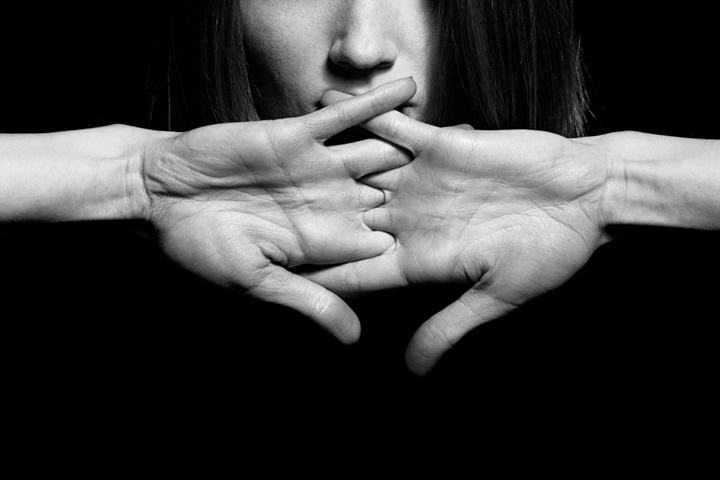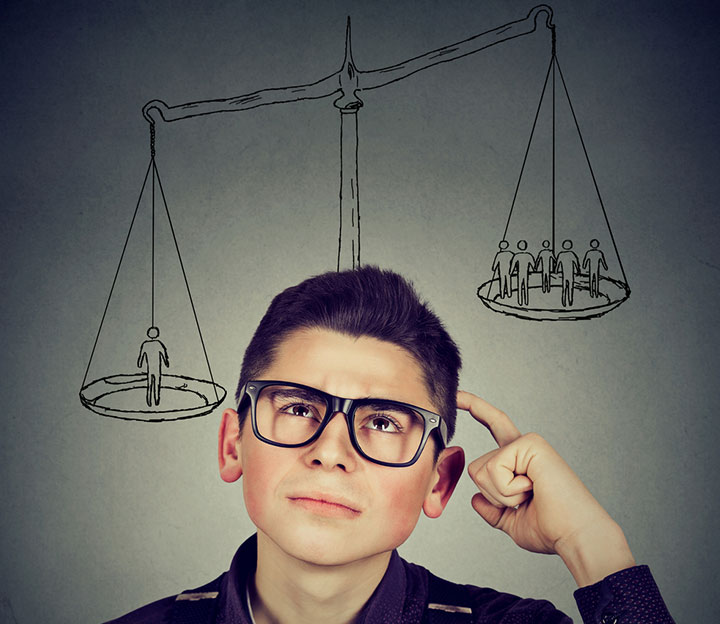
Image: Shutterstock
It is often assumed that emotional abuse in childhood is “invisible” since the effects of it aren’t physical. However, in the last decade or so, it has been noticed that emotional abuse leaves traces well into adulthood. This lasting impact causes many issues and it’s time we paid some attention to it!
The effects of childhood emotional abuse do not stay confined to the early years of our life. In most cases, as we enter adolescence and adulthood, signs of this abuse show up – they affect self-image, the perspective of the world and relationships to a large extent. Mental health struggles are also a result of traumatic childhood experiences.
1. Social anxiety
Most parents don’t realize that by ridiculing their children in public they damage them as they grow older. Most people who suffered from social anxiety show signs of having been teased by their parents in front of people. This scars them and leaves them with an irrational fear of being judged by others.
2. Overthinking
Because of situations where parents or adults have scrutinized and judged a child, many adults grow up feeling victimized.
3. Self-sabotage
The pressure to perform is high among children. Every adult around them is always telling them that they have to succeed. This often leads to children growing up to be adults with the need to sabotage their chances of success in order to feel imperfect.
4. Downplaying problems
As adults, many people feel the need to ‘fix’ someone else and not look into their own problems. This is due to the fact that they were made to believe that their problems are not important enough.
5. Repressing emotions
As children, many people would have been told to not speak much or disclose how they feel. This often leads to them growing up into adults who are unable to display their emotions and feel the need not to speak up if something makes them happy, angry or sad. They also have a tendency of being very quiet.
6. Unnecessarily apologizing
Often during childhood, children would have been told not to upset others and so as adults, they will have a habit of apologizing for everything that they do regardless of whether or not it is their fault.
7. Anger
Repressed anger during childhood can lead to angry adults. This could be due to the fact that they would not have had opportunities to express something as simple as breaking a toy as a child.onal Abuse
8. Depression
The ability to hide ourselves behind masks exists in all of us. Most people go out and act big and tough but end up being depressed as adults. This is because as children they were forced to behave like nothing bothered them and that life is perfect.
9. Obsessive compulsive disorder (OCD)
OCD is present in almost all children while growing up. If it continues into adulthood, it usually means that as a child they were not allowed to have been a certain way because it wasn’t considered appropriate.
10. Bullying
During childhood, the person may have been forced to apologize for something which wasn’t their fault. They may have been bullied to believe that any exhibition of emotion was embarrassing. This often leads to adults not wanting to express themselves and making fun of themselves if any expression of emotion is shown.
11. Death
Many parents may have frightened their child about death as a joke. This may lead to them being obsessed with the death of a loved one in adulthood.
12. Unable to say ânoâ
Parents often tell children they can’t say “No” to them. The punishment for doing so will be severe. This often leads to non-assertive adults.
13. Poor decision-making skills
It’s a power struggle for a parent as their child becomes more independent. If a parent controls their child’s every decision, this will often lead to adults with poor decision-making skills.
14. Irrational triggers
The inability to raise your voice and talk back during childhood causes many problems. As adults, people may speak back harshly with anger as it is a trigger.
15. Anxiety
Many people are labeled as arrogant or unapproachable due to their quiet attitude; some people as too active and hyper. These are usually masks to hide anxiety when meeting new people.
16. Lack of confidence
During moments of confrontation, many adults lose their confidence out of fear.
17. Over explanation
The fear of being judged makes many feel that they need to explain things clearly in order to be understood properly.
18. Loneliness
Many people hide their feeling from others as don’t feel accepted. This leads to them suffering from loneliness.
19. Silence
They believe that sometimes speaking up will lead to pain and so it’s better to suffer through problems by being quiet.
20. Fear of authority
This stems from fear which may have been instilled by a teacher, parent or principal. As adults, many feel that they will be in trouble while even just speaking to a person of higher authority.
So next time you meet a child or an adult who may show signs of the above, think twice. No two lives are alike. A little bit of understanding and empathy can go a long way.




















